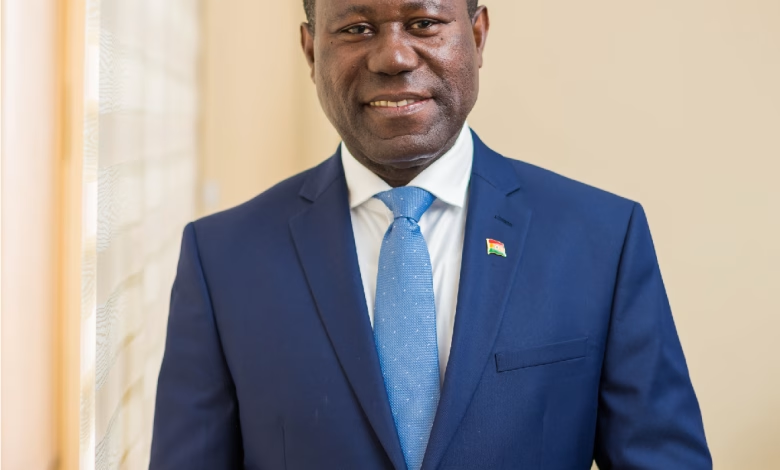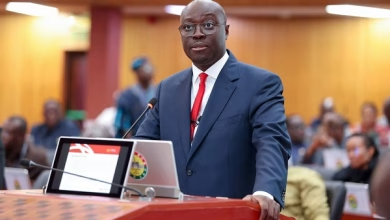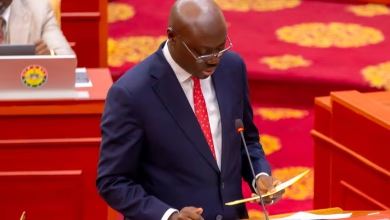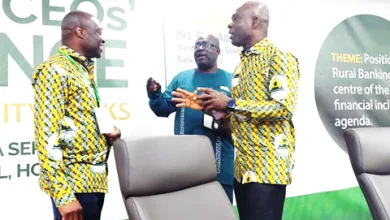Ghana Turns to Cocoa Traders for $500m Loan

- Ghana seeks $500m loan from cocoa traders.
- Loan needed due to delays in traditional financing.
- Cocoa production to decline to 500,000 tons.
- New tracking system to be introduced to combat smuggling.
Ghana is seeking a $500 million loan from major cocoa traders to support its cocoa industry, as delays in securing traditional financing arrangements continue to pose challenges. According to sources from Citi Business News, the Ghana Cocoa Board (COCOBOD) is in discussions with key cocoa traders, including Olam Group and Barry Callebaut, to raise part of the $1.5 billion needed to finance operations ahead of the upcoming cocoa season in October.
This $500 million loan is intended as a temporary measure while COCOBOD struggles to finalize its annual syndicated loan, a process currently delayed by concerns over crop yields. This situation marks the second consecutive year that Ghana, the world’s second-largest cocoa producer, has had to rely on traders for interim funding.
The loan is vital for COCOBOD, as it is used to purchase cocoa beans from farmers, pay for fertilizers, chemicals, and seedlings, and help stabilize the nation’s currency. However, lenders have expressed hesitancy due to a significant decline in cocoa production, with Ghana’s cocoa output projected to drop to just over 500,000 tons this year, a steep decrease from the usual 800,000 tons.
The decline is attributed to unfavorable weather conditions, disease outbreaks, and fertilizer shortages, which have impacted cocoa yields and raised concerns among lenders. In response to these challenges, COCOBOD is planning to start the cocoa season a month earlier in September to curb smuggling and allow time for the introduction of a new tracking system.
This system is designed to ensure that all cocoa beans are traced from the farm to the warehouse, in compliance with the European Union’s deforestation regulations. Efforts to obtain comments from the cocoa traders and COCOBOD regarding the ongoing negotiations have so far been unsuccessful, leaving the outcome of the loan negotiations uncertain.






